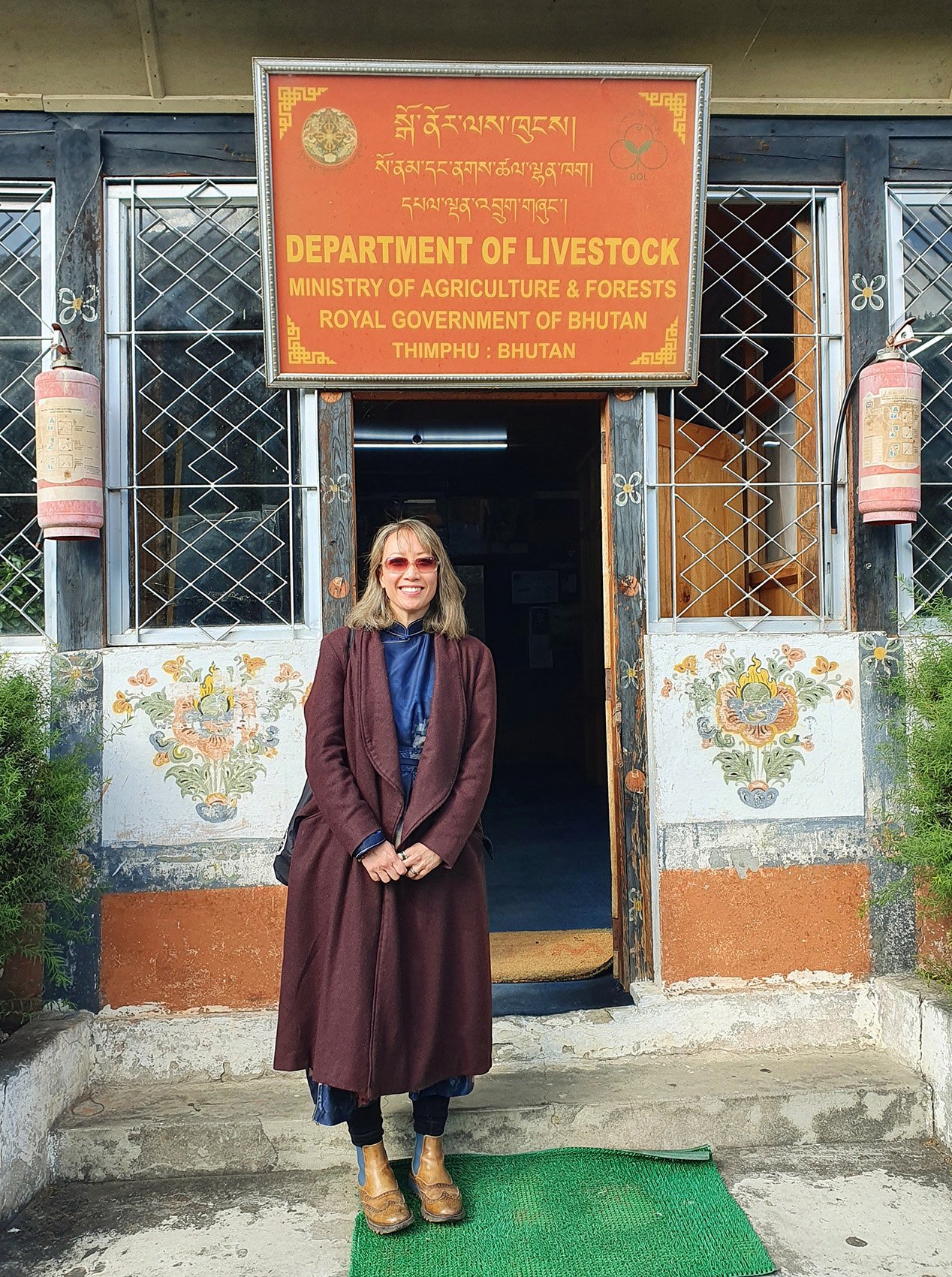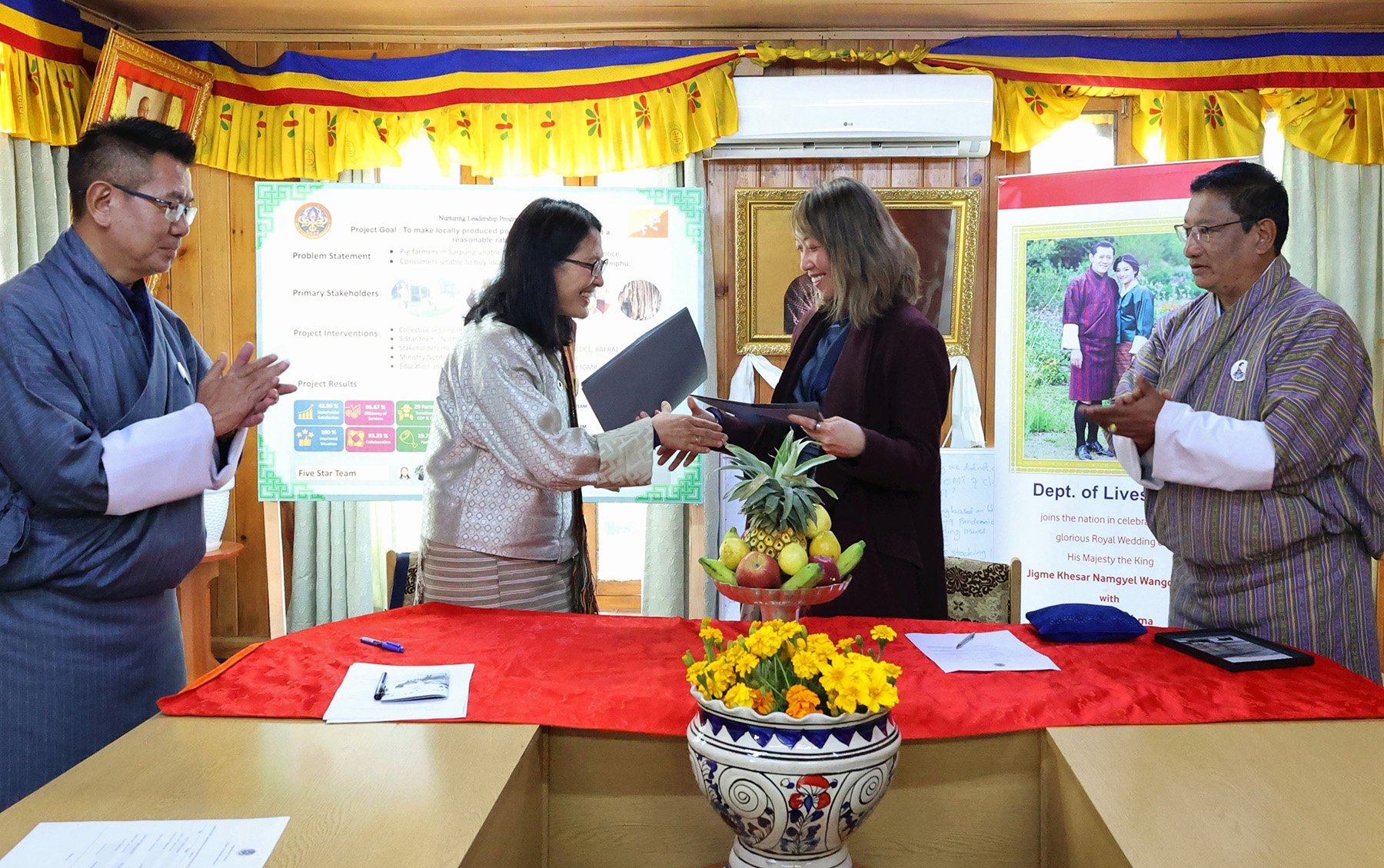Sharing our knowledge with herder communities in Bhutan
In November 2022 I visited the Kingdom of Bhutan, on the eastern edge of the Himalayas, at the invitation of the country’s Ministry of Agriculture and Forests.
This peaceful, Buddhist country has a population of just 800,000 and is one of the few carbon-negative countries in the world. Every citizen is expected to be a steward of the natural environment for the benefit of present and future generations. It’s even written into the country’s constitution (Article 5:1 to be exact).
In Bhutan, government buildings are designed and built to be humble, single storey and simple. They’re a physical reminder to remove the egoic self and that public servants are there to serve a higher purpose and the greater collective good. In Bhutan, civil servants are truly civil. I saw how everyone treated each other with respect and reverence.
I was honoured to be invited by the government to sign an unprecedented memorandum. This supports and enables socio-economic development and the environmental and cultural preservation of Bhutan's indigenous yak highland communities – a subject at the very heart of the House of Tengri.
The meeting to sign this agreement began with a blessing and prayer in gratitude to Mother Nature, and the hopes of prosperity this agreement will bring to Bhutan’s highland communities.
By sharing our extensive knowledge of how to establish long-term access to international markets, we can help to foster a viable yak fibre industry in Bhutan, based on a transparent supply chain and sustainable product development.
Many of the world’s luxury textiles are made from fibres sourced by indigenous communities living in remote mountain ecosystems. The House of Tengri pioneered a sustainable model in partnership with the herder communities of Mongolia, and it’s a privilege to have been asked to work with communities in the snowy peaks of Bhutan.
The introduction of yak fibres as a circular and regenerative textile in sustainable luxury fashion helps to re-balance and regenerate the land and communities. Preserving their way of life and wisdom is key to supporting biodiversity.
In remote areas of countries such as Mongolia and Bhutan, women play a pivotal role in environmental protection and social and economic development. As farmers, market sellers, artisans, entrepreneurs and community leaders, women in rural mountainous areas have the potential to be major agents of change. Yet their voice, visibility and engagement in the global discourse relating to policies on the environment, trade and socio-economic development and opportunities remains under-represented.
According to the United Nations, a quarter of the world’s land is managed by indigenous peoples. If these communities are supported and included in decision-making as part of the global discourse on biodiversity, climate mitigation and business, we can achieve a truly sustainable future where nature and biodiversity can thrive. These communities have the solutions. The world needs more of their guiding light.
While in Bhutan, I also attended the Royal Highland Festival, a celebration of the culture and heritage of the Laya communities who have lived and worked in this remote part of the world for generations. As well as traditional songs and dances, the festival featured stalls selling local produce, medicinal herbs and plants, and celebrated animals that are essential to local communities, such as yaks, horses and mastiffs.
The connection between the indigenous communities, the mountains and its natural materials is a spiritual one. The making of cloth represents their cultural identity and the highest form of art and spiritual expression in Bhutan. It's an honour to have the House of Tengri be part of that journey.
If you’d like to experience the unique properties of our Tengri Noble Fabrics, feel free to get in touch.






